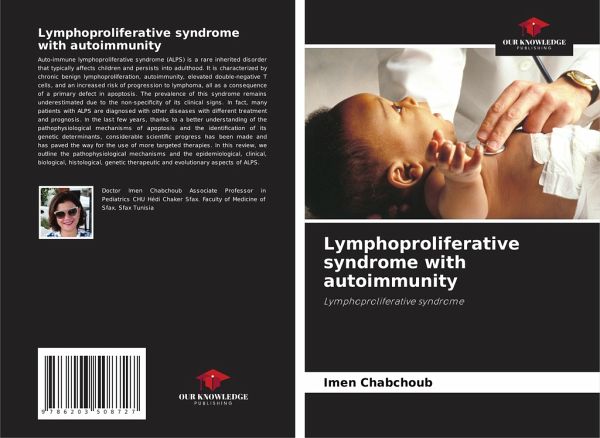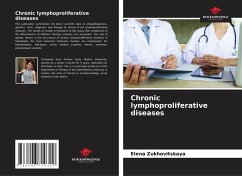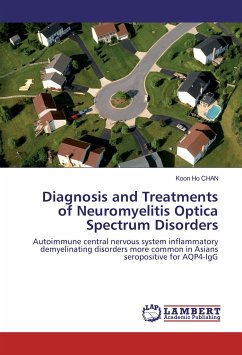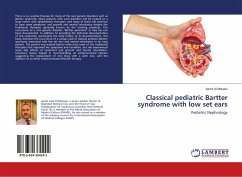
Lymphoproliferative syndrome with autoimmunity
Lymphoproliferative syndrome
Versandkostenfrei!
Versandfertig in 6-10 Tagen
27,99 €
inkl. MwSt.

PAYBACK Punkte
14 °P sammeln!
Auto-immune lymphoproliferative syndrome (ALPS) is a rare inherited disorder that typically affects children and persists into adulthood. It is characterized by chronic benign lymphoproliferation, autoimmunity, elevated double-negative T cells, and an increased risk of progression to lymphoma, all as a consequence of a primary defect in apoptosis. The prevalence of this syndrome remains underestimated due to the non-specificity of its clinical signs. In fact, many patients with ALPS are diagnosed with other diseases with different treatment and prognosis. In the last few years, thanks to a bet...
Auto-immune lymphoproliferative syndrome (ALPS) is a rare inherited disorder that typically affects children and persists into adulthood. It is characterized by chronic benign lymphoproliferation, autoimmunity, elevated double-negative T cells, and an increased risk of progression to lymphoma, all as a consequence of a primary defect in apoptosis. The prevalence of this syndrome remains underestimated due to the non-specificity of its clinical signs. In fact, many patients with ALPS are diagnosed with other diseases with different treatment and prognosis. In the last few years, thanks to a better understanding of the pathophysiological mechanisms of apoptosis and the identification of its genetic determinants, considerable scientific progress has been made and has paved the way for the use of more targeted therapies. In this review, we outline the pathophysiological mechanisms and the epidemiological, clinical, biological, histological, genetic therapeutic and evolutionary aspects of ALPS.












